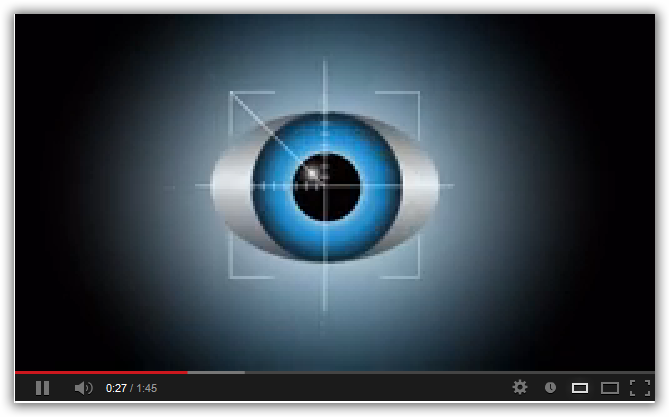aNewDomain.net — Here’s an idea. Protect your face before Facebook commercializes it. Last week Facebook issued a friendly warning about its new rules to all its members.
You still likely want to prevent people you don’t know or like from tagging you. And you want to protect your Facebook stream from trolls, thieves, commercial outfits and, for that matter, the National Security Administration.
Facebook, you might know, is expanding its facial recognition database — and it will do so by incorporating the majority of its member profile pictures.
The New Rules of Facebook Delayed — Thanks to Rebellion!
Friday Morning update –September 6th — from NYT BITS Blog:
Facebook has apparently decided to delay a proposed new privacy policy after a coalition of privacy groups asked the Federal Trade Commission on Wednesday to block the changes on the grounds that they violated a 2011 settlement with the regulatory agency. A spokeswoman for the F.T.C. confirmed Thursday that the agency had received the letter but had no further comment.
In a statement published by The Los Angeles Times and Politico on Thursday afternoon, Facebook said, “We are taking the time to ensure that user comments are reviewed .”
Last week, Facebook updated its privacy policy yet again. It reads in part:
We (Facebook execs) are able to suggest that your friend tag you in a picture by scanning and comparing your friend’s pictures to information we’ve put together from your profile pictures and the other photos in which you’ve been tagged.
The move will potentially add more than a billion human faces to Facebook’s program. The intention, say Facebook execs, is to improve the social network’s Tag Suggest feature. This technology currently works by automatically identifying faces in uploaded photos by comparing them to previously tagged photos.
The update would utilize user’s profile picture as a template to make recognition and suggested tags quicker.
Speaking to Reuters, a Facebook chief privacy officer said:
Our goal is to facilitate tagging so that people know when there are photos of them on our service.
Facial Recognition Rights and Privacy
Facial recognition is a sensitive issue for tech companies. The phenomenon rightly raises concerns among various privacy advocates and government officials.
Tag Suggest, which Facebook introduced in 2011, is not available in Europe because of privacy concerns regulators raise there.
Google’s social network, Google+, also employs similar technology. But Google+ requires user consent via opt in. Further, Google banned third-party software makers from using facial-recognition technology in apps designed for its Glass wearable computer.
According to Consumer Reports, one in four Facebook users tells lies on the social network. It’s easy to post any profile pic you want. But that’s just what’s on the cover. The concern isn’t about Facebook users hiding information. It’s about Facebook and outside entities, including the government, digging deep into your life without your consent.
Speaking on metadata systems, tech visionary Jaron Lanier told The Nation:
Metadata systems are said to gather only tags and skeletal information, but not ‘content.’ The distinction is instrumental rather than substantial. The line between the two can shift over time. When someone retweets to a group of people, that generates only metadata and no data. In that case, which is a common one, the distinction becomes meaningless … so why is Silicon Valley obsessed with metadata? Because it turns out to be an astoundingly efficient tool for social engineering, which means it has unbounded commercial value.
Check out the social engineering infographic before the fold.
For aNewDomain, I’m David Michaelis.
Based in Australia, David Michaelis is a world-renowned international journalist and founder of Link Tv. At aNewDomain.net, he covers the global beat, focusing on politics and other international topics of note for our readers in a variety of forums. Email him atDavidMc@aNewDomain.net.
A Selfie who does not care about Tagging…..

Photo credit: Wikimedia Commons














